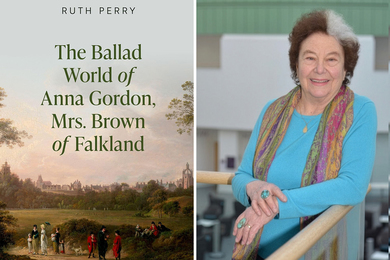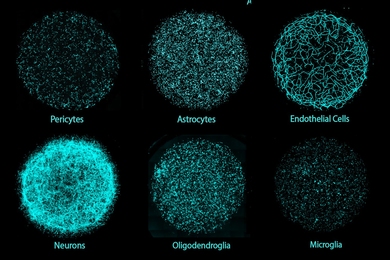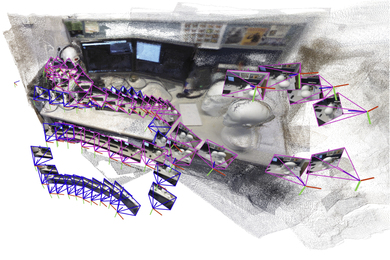Like many other children, Teppei Yamamoto grew up curious about what made things tick. In his case, the questions centered not on clocks and robots, but on people and societies.
“I wanted to know how the world works,” said the recent Princeton PhD who joined the MIT faculty this fall as an assistant professor.
Perhaps because his father was a government employee in Japan, Yamamoto set out in high school to learn about political systems and how states operate. And because he hoped to become a diplomat, he decided to add fluency in English and French to his scholarly toolbox.
But while pursuing a BA in international relations at the University of Tokyo, and MA and PhD degrees in politics at Princeton University, Yamamoto came to suspect that political scientists did not have the methodology needed to develop reliable answers to all the answers they asked.
The study of politics, when you think about it, poses an endless array of questions. What impact is a leader’s assassination likely to have on a country? Why does a higher level of education tend to reflect a higher voter turnout? If Dade County, Fla., hadn’t had an outdated voting system complicated by hanging chads, would Al Gore have become the 42nd U.S. president?
Read full feature
“I wanted to know how the world works,” said the recent Princeton PhD who joined the MIT faculty this fall as an assistant professor.
Perhaps because his father was a government employee in Japan, Yamamoto set out in high school to learn about political systems and how states operate. And because he hoped to become a diplomat, he decided to add fluency in English and French to his scholarly toolbox.
But while pursuing a BA in international relations at the University of Tokyo, and MA and PhD degrees in politics at Princeton University, Yamamoto came to suspect that political scientists did not have the methodology needed to develop reliable answers to all the answers they asked.
The study of politics, when you think about it, poses an endless array of questions. What impact is a leader’s assassination likely to have on a country? Why does a higher level of education tend to reflect a higher voter turnout? If Dade County, Fla., hadn’t had an outdated voting system complicated by hanging chads, would Al Gore have become the 42nd U.S. president?
Read full feature






